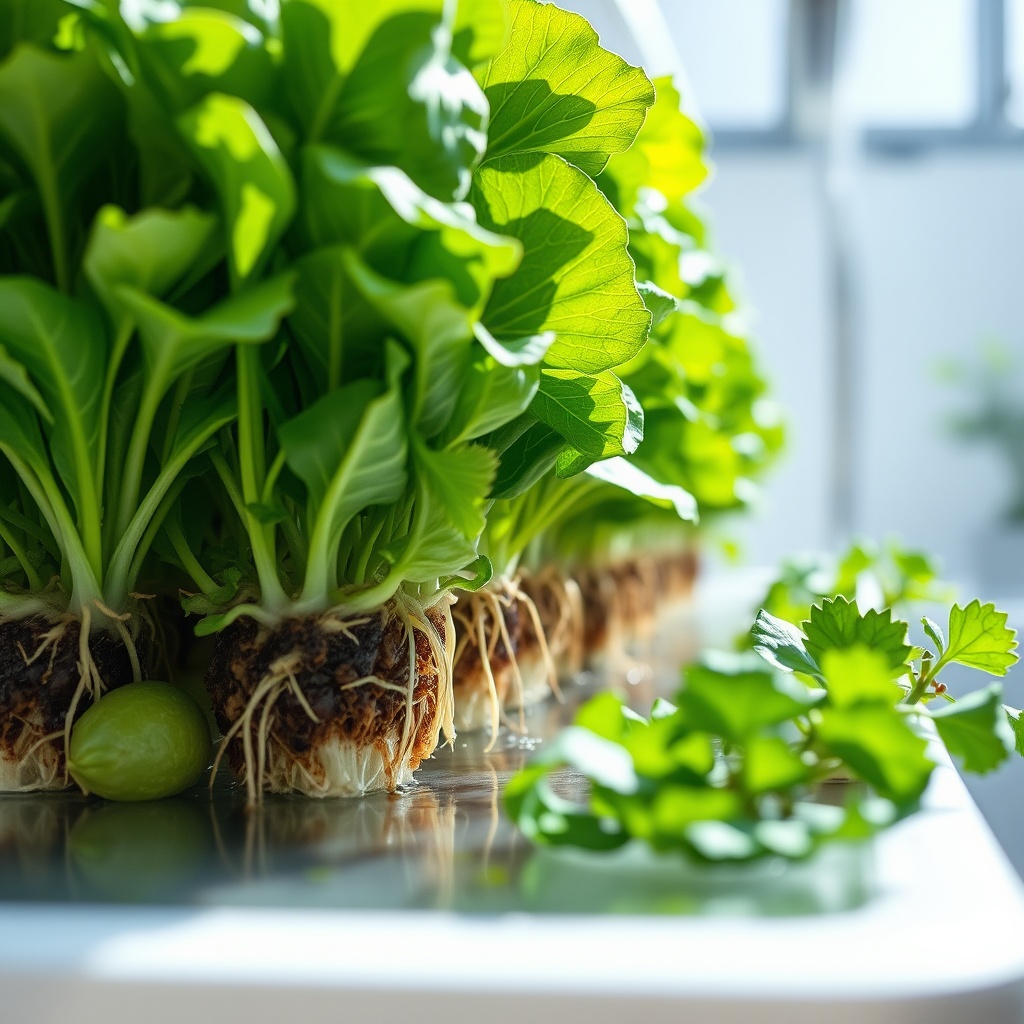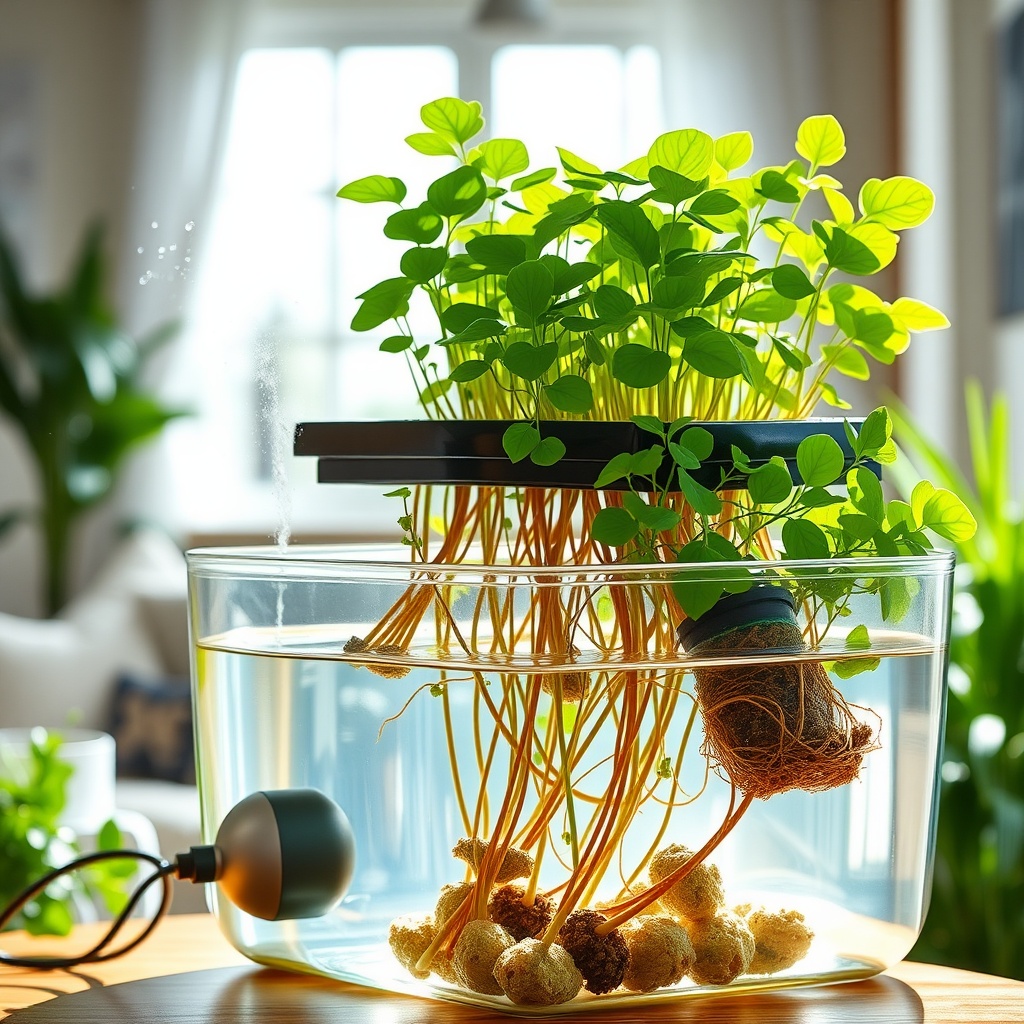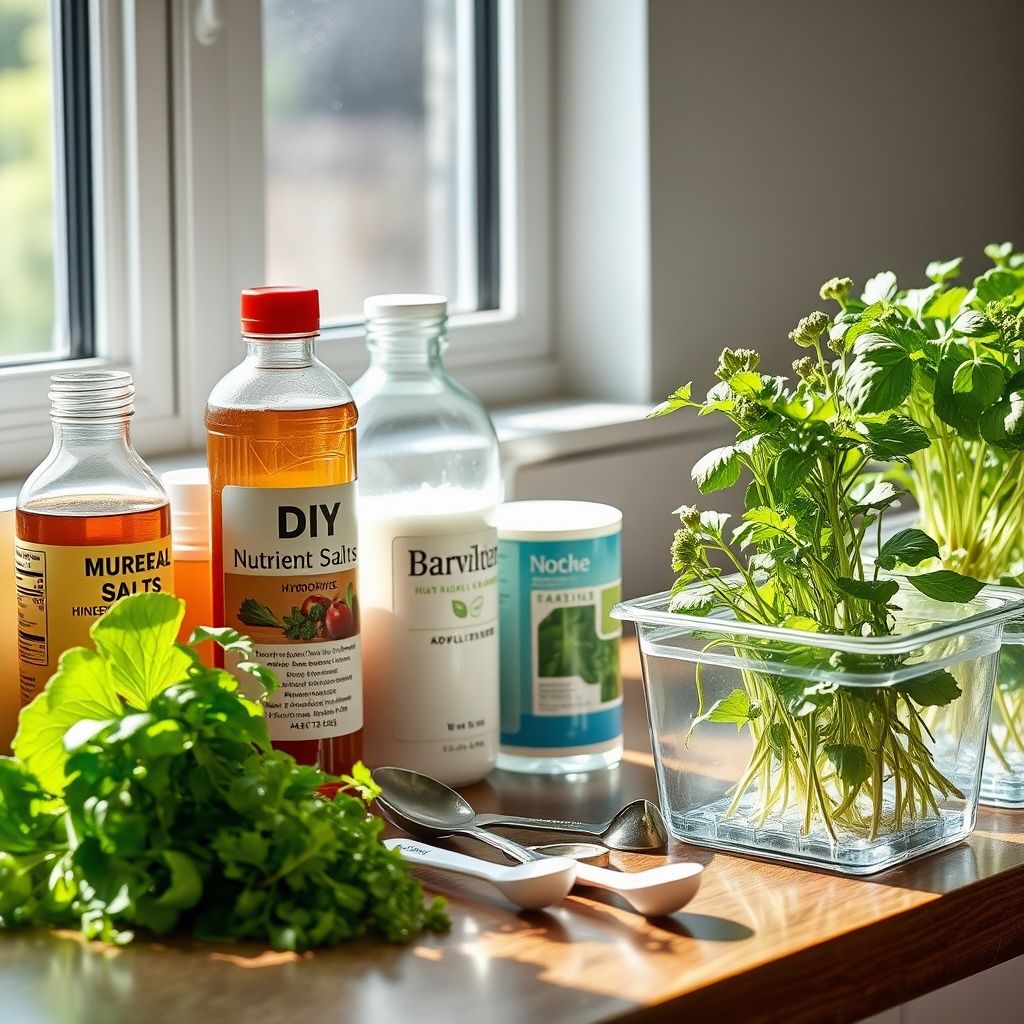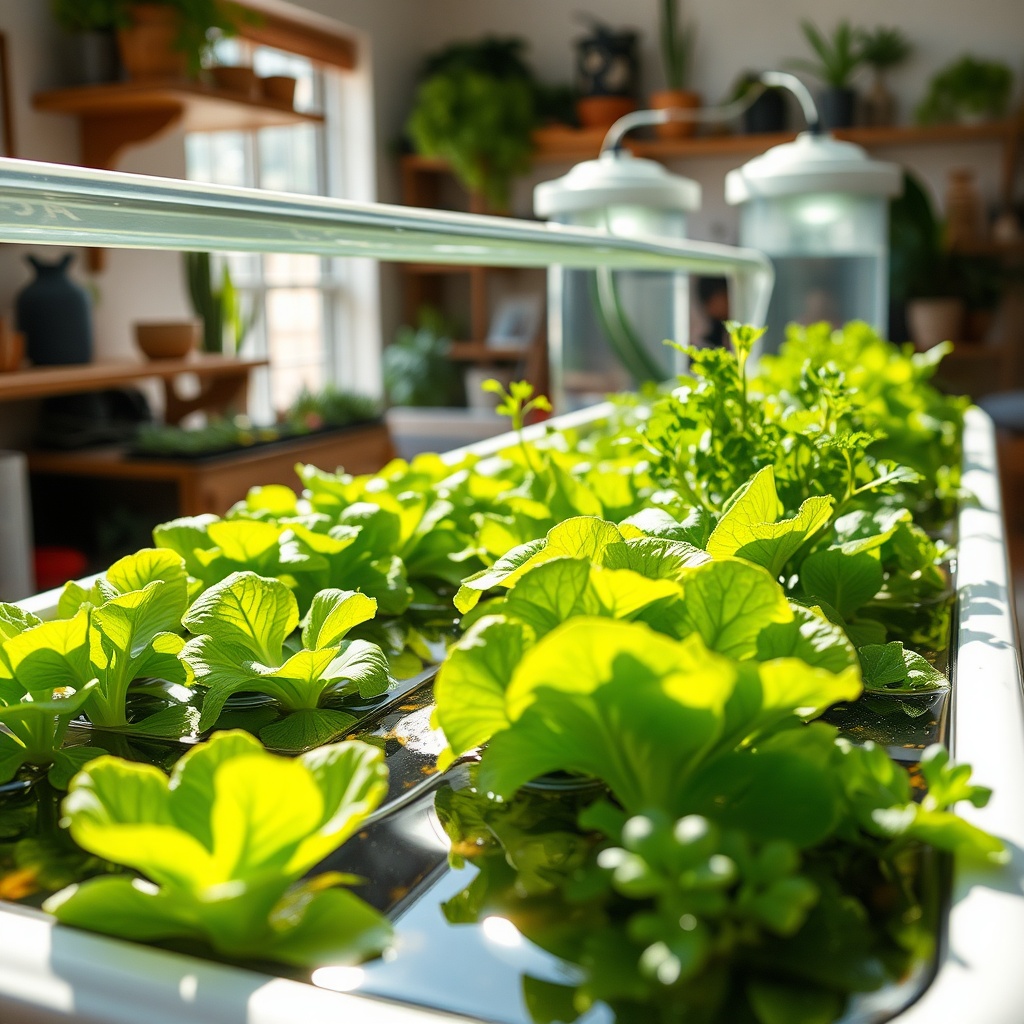Understanding Nutrient Needs
In the world of hydroponics, the absence of soil means that plants rely entirely on nutrient solutions for their growth. This dependency makes understanding nutrient needs crucial for success. Nutrient deficiencies can lead to stunted growth, poor yields, and even crop failure. Therefore, ensuring that your hydroponic system supplies the right balance of essential nutrients is the key to thriving plants.
Essential Nutrients and Their Roles
Plants require a variety of nutrients to grow optimally, and these can be classified into two categories: macronutrients and micronutrients. Each nutrient plays a specific role in plant health and development. Ignoring any of these can result in serious deficiencies.
- Macronutrients: These are needed in larger quantities and include Nitrogen (N), Phosphorus (P), and Potassium (K).
- Micronutrients: Needed in smaller amounts, these include Iron (Fe), Manganese (Mn), and Zinc (Zn).
Strategies to Maintain Nutrient Balance
To ensure that your hydroponic system remains nutrient-rich, consider implementing the following strategies:
- Regular Testing: Monitor the pH and electrical conductivity (EC) of your nutrient solution to ensure optimal nutrient availability.
- Balanced Nutrient Solutions: Use high-quality nutrient solutions formulated for hydroponics that provide a complete range of macronutrients and micronutrients.
- Adjust According to Growth Stage: Different plant stages require different nutrient ratios. For example, seedlings need higher nitrogen, while flowering plants benefit from increased phosphorus.
By proactively addressing nutrient needs, you can prevent deficiencies and foster a flourishing hydroponic garden. Remember, a little diligence goes a long way in ensuring your plants remain healthy and productive.




